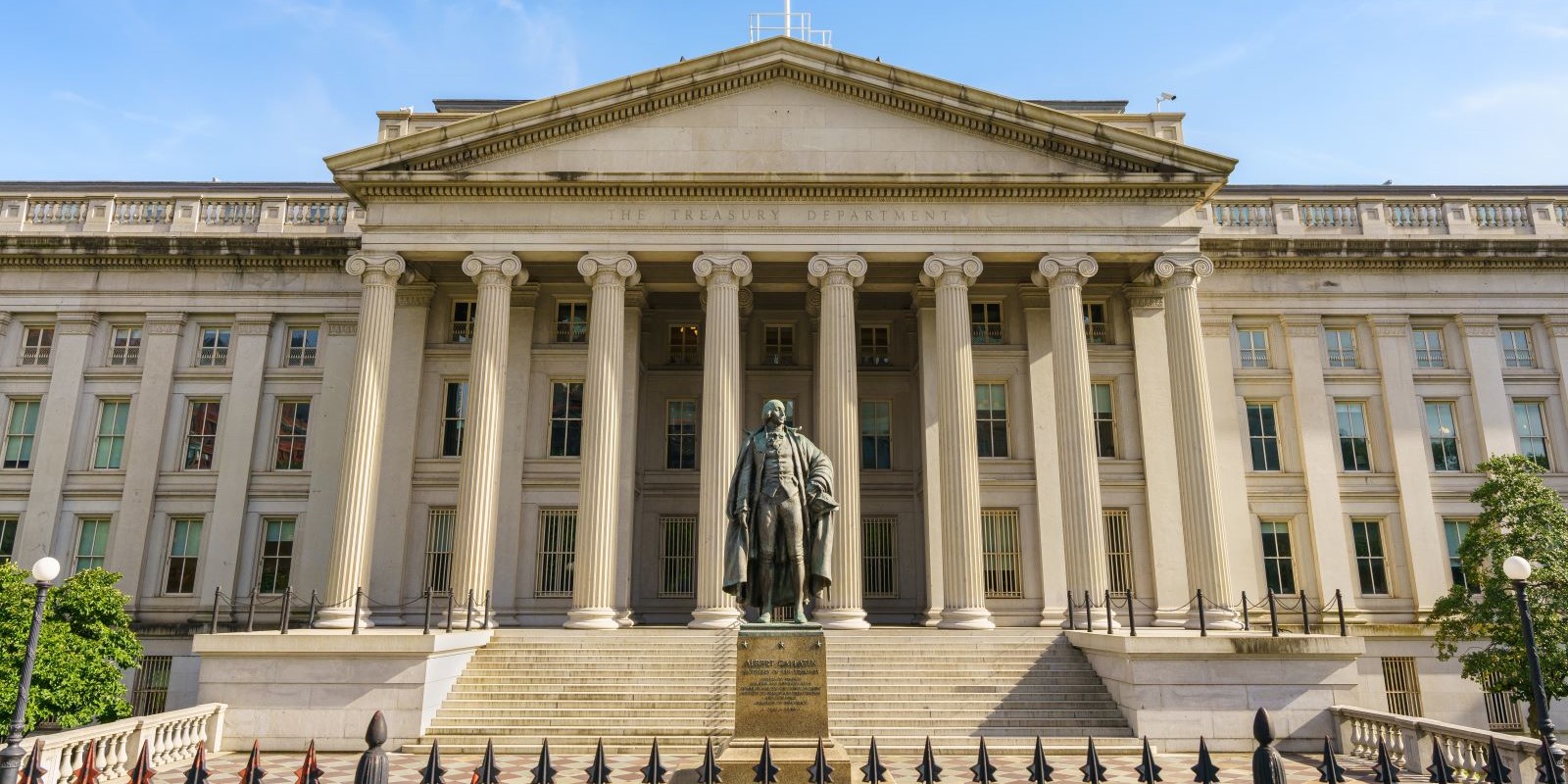New Congress Laws Requires Healthcare Plans to Disclose More

The “No Surprises Act” Congress passed in 2021 to restrict surprise billing for consumers in job-based and individual health plans who get care from out-of-network providers took effect in January 2022. The rules, contained in the Consolidated Appropriations Act of 2021, cover most emergency situations, including out-of-network care provided at in-network facilities and out-of-network air ambulances. The idea is to protect consumers from surprise high fees in situations where they may not have control over who provides their medical care.
How does it work?
Rather than making the patient fight the out-of-network provider over the cost of a service, the Act shifts the billing overage and dispute resolution burden to group health plans and health insurance issuers. The fees chargeable to patients who receive services covered by Act are capped at the amount it would cost the patient for in-network services. In addition, any payments made by the patient count toward the in-network deductible and out-of-pocket maximum.
The Act also prohibits “balance billing,” which is the practice of out-of-network providers billing patients for the difference between: (1) the provider’s billed charges, and (2) the amount collected from the plan or issuer plus the amount collected from the patient. Instead, the health plan must pay the out-of-network provider or negotiate down the extra amount owed.
Health care providers and facilities must provide patients with a plain-language notice explaining the protections against surprise billing. Plans and issuers must disclose the “qualifying payment amount” (QPA) to out-of-network providers, facilities and providers of air ambulance services. The QPA is the basis for determining individual cost sharing for services covered by the balance-billing protections in the No Surprises Act. This amount represents the median of contracted rates for a service in the same geographic region within the same insurance market.
Employers must participate in an Independent Dispute Resolution (IDR) process to determine the final cost to the employer for the service if the out-of-network provider and the employer or plan administrator cannot resolve the amount charged.
New Dispute Resolution Process
Final regulations issued by the IRS along with other government agencies address many aspects of the No Surprises Act including the following requirements:
- Consumer cost-sharing amounts for nonparticipating providers must be calculated based on the “recognized amount” which is found in state law or the Social Security All-Payer Model Agreement.
- Plans and issuers must make specific disclosures about the QPA with each initial payment or notice of denial of payment.
- Plans must participate in a Federal IDR process to determine payment amounts when there is a dispute between payers and providers or facilities over the out-of-network rate.
The IDR procedures cover:
- ) requirements governing the open negotiation period.
- ) initiation of the Federal IDR process.
- ) selection of a certified IDR entity, submission of offers, payment determinations and written decisions.
- ) costs of the Federal IDR process.
- ) collection of information related to the Federal IDR process from certified IDR entities to satisfy reporting requirements under the statute.
Additional requirements relate to uninsured and self-paying individuals:
- Required good faith estimates of medical items or services for uninsured or self-paying individuals.
- Establishment of a patient-provider dispute resolution process for uninsured individuals to determine payment amounts due to a provider or facility.
- Providing a way to appeal health plan decisions.
While plans can negotiate down the costs of services, the arbitration process can be lengthy and expensive. Employers need to consult with their plan administrators to make sure the rules are implemented and the plan is positioned to handle fee disputes in an effective manner. Employers also need to make sure employees are getting the required notices regarding their rights under the No Surprises Act.
Note that not all requirements of the No Surprises Act are covered by the final rules. As the IRS states in the preamble to the regulations, “This rulemaking is purposefully narrow in scope and is intended to address only certain issues critical to the implementation and effective operation of the Federal IDR process.” The IRS and other Departments intend to finalize the remaining rules after further consideration of comments received during the rulemaking process.
Contributors
Explore related insights
-
Corporate Carve-Outs Done Right
Read more: Corporate Carve-Outs Done Right
-
Treasury Secretary Explains Vision for IRS at Committee Hearing
Read more: Treasury Secretary Explains Vision for IRS at Committee Hearing






